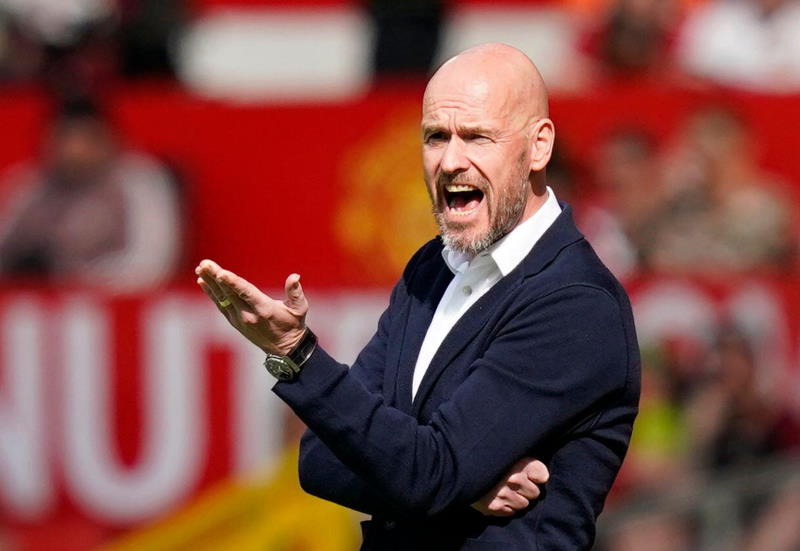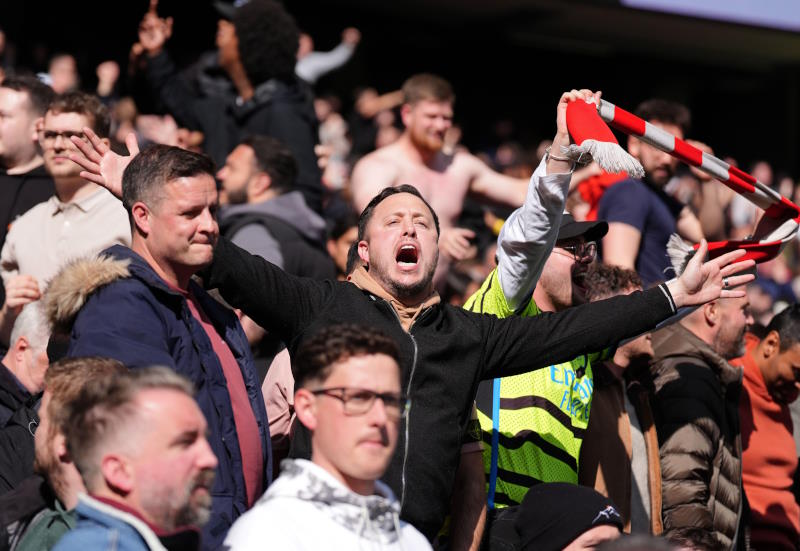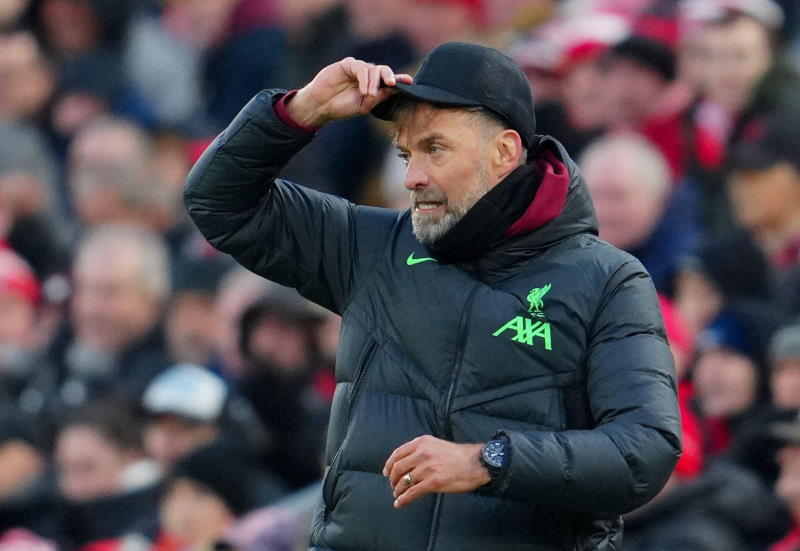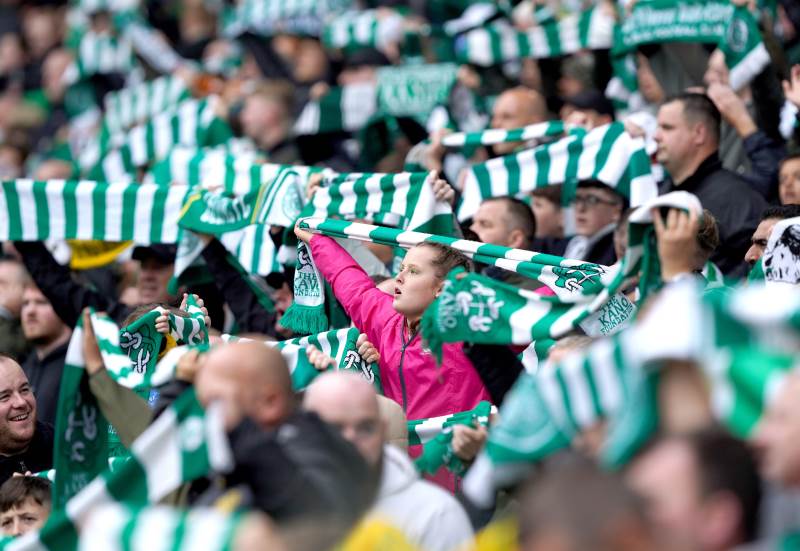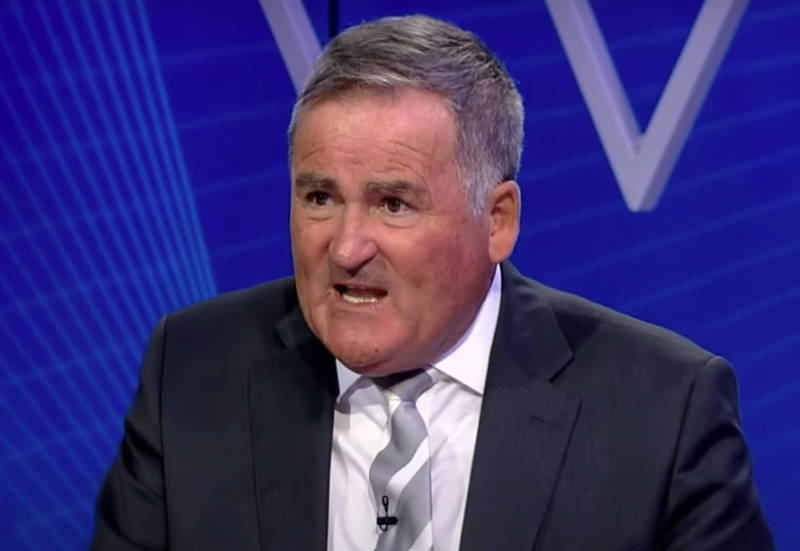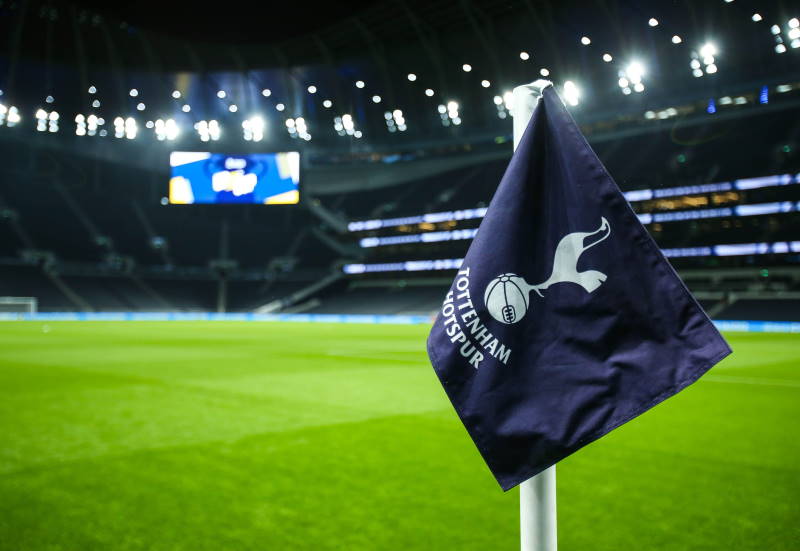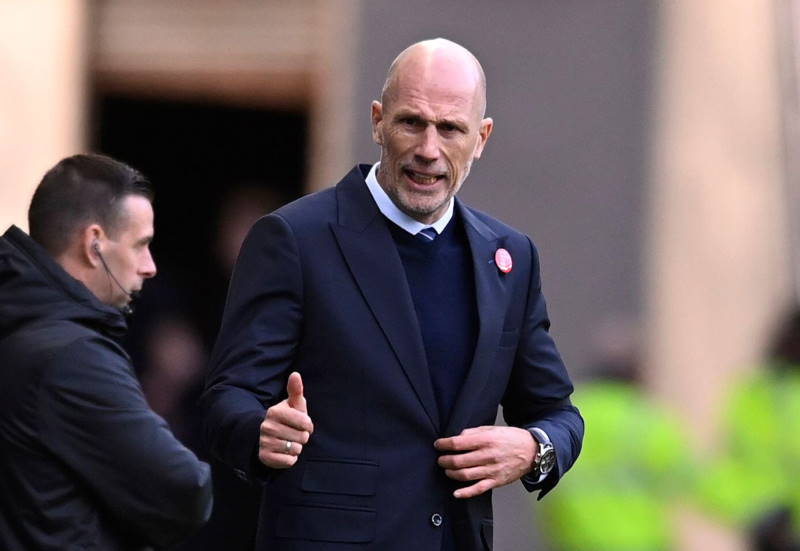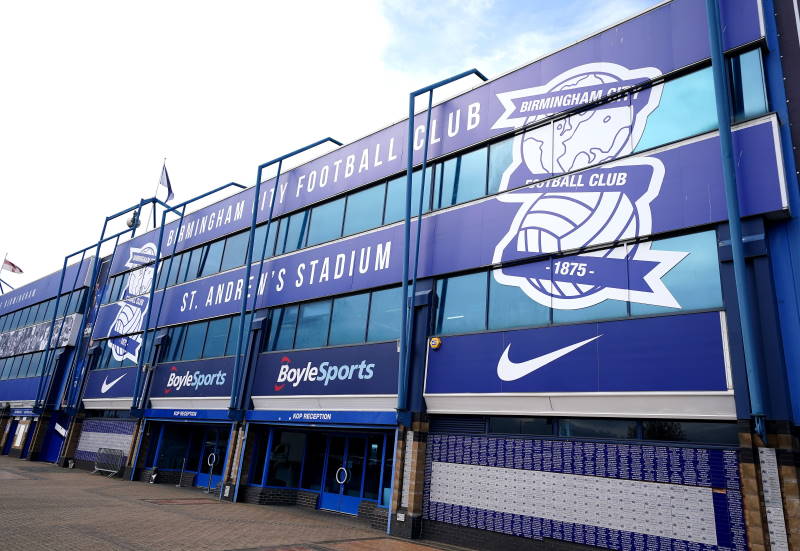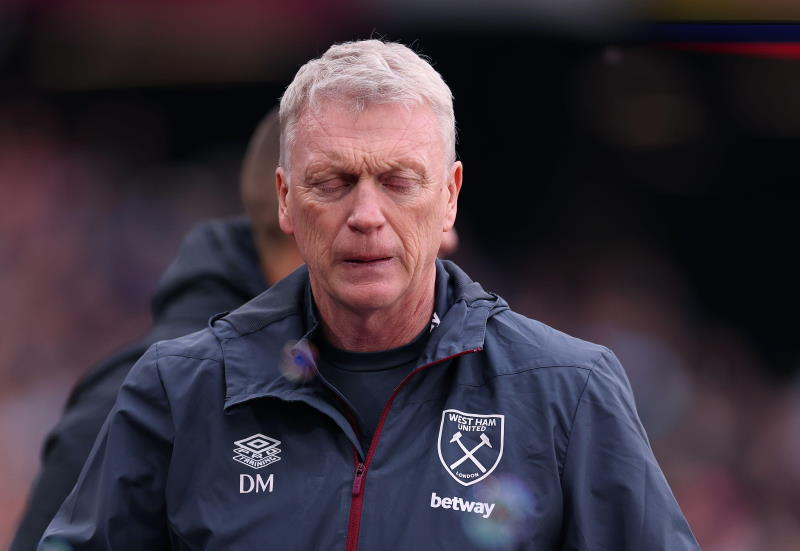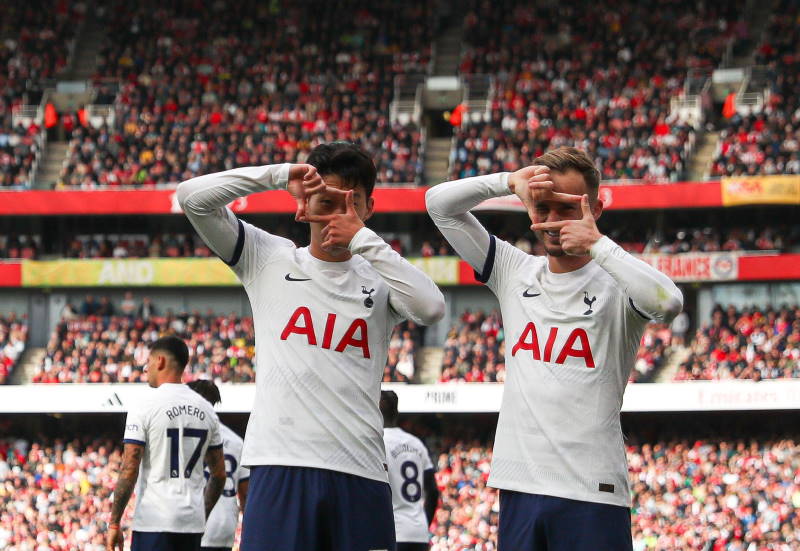
Almost two weeks ago the world of football was shocked when Brazilian club Corinthians announced they had made an offer to sign Carlos Tevez from Manchester City. If the Brazilians had enquired about loaning the unhappy Argentine there would have been little fuss, such is the pattern for troubled South Americans seeking a brief respite in their home continent. But the fax that landed in Manchester City’s inbox was not a loan. Instead Corinthians offered the English club €40M to take the man named 2005 Campeonato Brasilerao Best Player back to Brazil.
When the bid was announced it was difficult accept. Soon CNN’s journalistic stalwart Fareed Zakaria used the offer as an example of the overheating nature of Brazil’s economy. The 47-year-old Indian-American stumbled into calling Corinthians a small club – not small in number of supporters or tradition, but in cash – and soon backtracked with an apology.
Unfortunately for Corinthians, City rejected the offer, although a new improved proposal which took the total to €44M with add-ons was accepted. However, the move soon collapsed, with a disagreement over the payment terms of the transfer, leading to Corinthians declaring that completing the deal before the closure of the Brazilian transfer window would be impossible – Corinthians had wanted to pay in instalments, with one per year, starting next year and ending in 2015. Even though the total amount would have been spread over four years, the outlay was still substantial. And European football began to wonder, how can a Brazilian side, used to having their best talent cherry-picked by the old world, make an offer to sign one of the world’s greatest forwards?
The money trail which provides the answer leads all the way back to the legendary Ronaldo, who returned from Italy to play for the club at the centre of the Tevez saga, Corinthians. In December 2008, Ronaldo, two times a World Cup winner, signed a contract worth $260,000 per month, with the potential to rise as high as $775,000 depending on subsequent sponsorship deals. After the former Barcelona striker, Adriano (twice), Roberto Carlos, Ronaldinho and Luis Fabiano all touched down back in their homeland, receiving wages comparable to those picked up in Europe. At the heart of this is an undeniable truth that Brazilians have just learnt: Football is no longer simply a sport, but also a business and hiring real businessmen, combined with the staggering growth of the country’s economy – 7.5% last year – could yield immediate benefits.
In Brazil, clubs regularly sign deals for their TV rights which cover a three year period. As 2008 rolled around, clubs went together to the negotiating table for the last time, signing a contract that guaranteed the country’s top teams – Flamengo, Corinthians, Sao Paulo, Vasco da Gama and Palmeiras – would receive $13.5M every year, starting in 2009; outside that group, Santos pocketed $11.5M, with Atletico-MG, Cruzeiro, Internacional, Gremio, Botafogo and Fluminense agreeing to take $9.5M per year. Now in 2011, TV deals were again up for renewal and the improvement was staggering.
Flamengo and Corinthians between them boast roughly 60 to 70 million fans, from a total of 200 million Brazilians, and this was reflected in their new deals which see the pair net $65M every year. Sao Paulo, Palmeiras, Vasco and Santos settled for $48M per year, while Fluminense, Cruzeiro, Botafogo, Atletico-MG, Internacional and Gremio receive $35M for each of the next three years. It was from this pot that Corinthians were able to offer €44M to take Tevez back to Brazil, although income from elsewhere was also needed to make the numbers work for the club nicknamed "Timao".
Also an increasing source of income in South America’s talent factory is deals with kit suppliers. Sao Paulo chose Reebok as their kit manufacturer in 2006, inking an agreement which earned the Brazilian club a total of $13.5M. Over the last three years however, this deal was increased to almost $30M, but even before the second year kicked off, the club and Reebok agreed on a new contract (signed in 2009) which saw the kit company pay Sao Paulo a total of $40M for the next three-year period. This is yet another example of how Brazil’s economic boom is filtering through to the country’s football clubs.
And this is evident more than ever on the pitch. Few teams could afford to keep the legendary Ronaldinho in their squad, paying the former Barcelona wizard some $1M per month, and still refuse to sell the space on the front of their shirt to sponsors. Yet this is what Flamengo continue to do, even as Barcelona themselves have relented and signed a sponsorship deal with the Qatar Foundation. A shirt sponsor continues to be one of the most lucrative sources of income a football club can generate, but Flamengo’s refusal to contemplate a deal, while still investing in their squad, stands as testament to the economic wind of plenty blowing through the Brazilian game.
But there is another factor which is also making itself felt in Brazil: The country’s hosting of the 2014 World Cup. Three years before the greatest show on earth is due to start, Brazil have not begun work on the majority of the stadiums to be used and to speed up matters local governments are handing clubs and contractors numerous tax breaks. Until two weeks ago it was not even clear where the opening match would be held, as Sao Paulo did not have a suitable stadium, according to FIFA. Looking to build their own ground, Corinthians took advantage of this policy of tax breaks to announce they would host the first match of the 2014 World Cup. From the $530M needed to build the arena, $270M will come via this tax break policy, while the rest will be funded by the federal government and its National Bank for Economic and Social Development (BNDES). Also of note is that the state of Sao Paulo will invest $45M to add 20,000 extra seats once Sao Paulo’s stadium has a capacity of 48,000; FIFA demand 68,000 before an opening match can be held by a ground.
And so, things in Brazil are changing. With a little professional expertise, tens of millions of people climbing out of poverty and joining the middle classes, an overheating economy, never seen before lucrative contracts and, a typical Brazilian lack of responsibility with the country’s money, clubs from the land of football are living through a unique moment in their history. More money than was ever imagined is being made – and spent – by Brazil’s biggest clubs. The number of players earning more than $1M per month continues to grow. And the expectation is clear. Gone are the days when the talent factory fed a booming demand in airport tickets to Europe and beyond. Now Brazilians expect more arrivals than departures. Only time will tell if their faith is misplaced.

